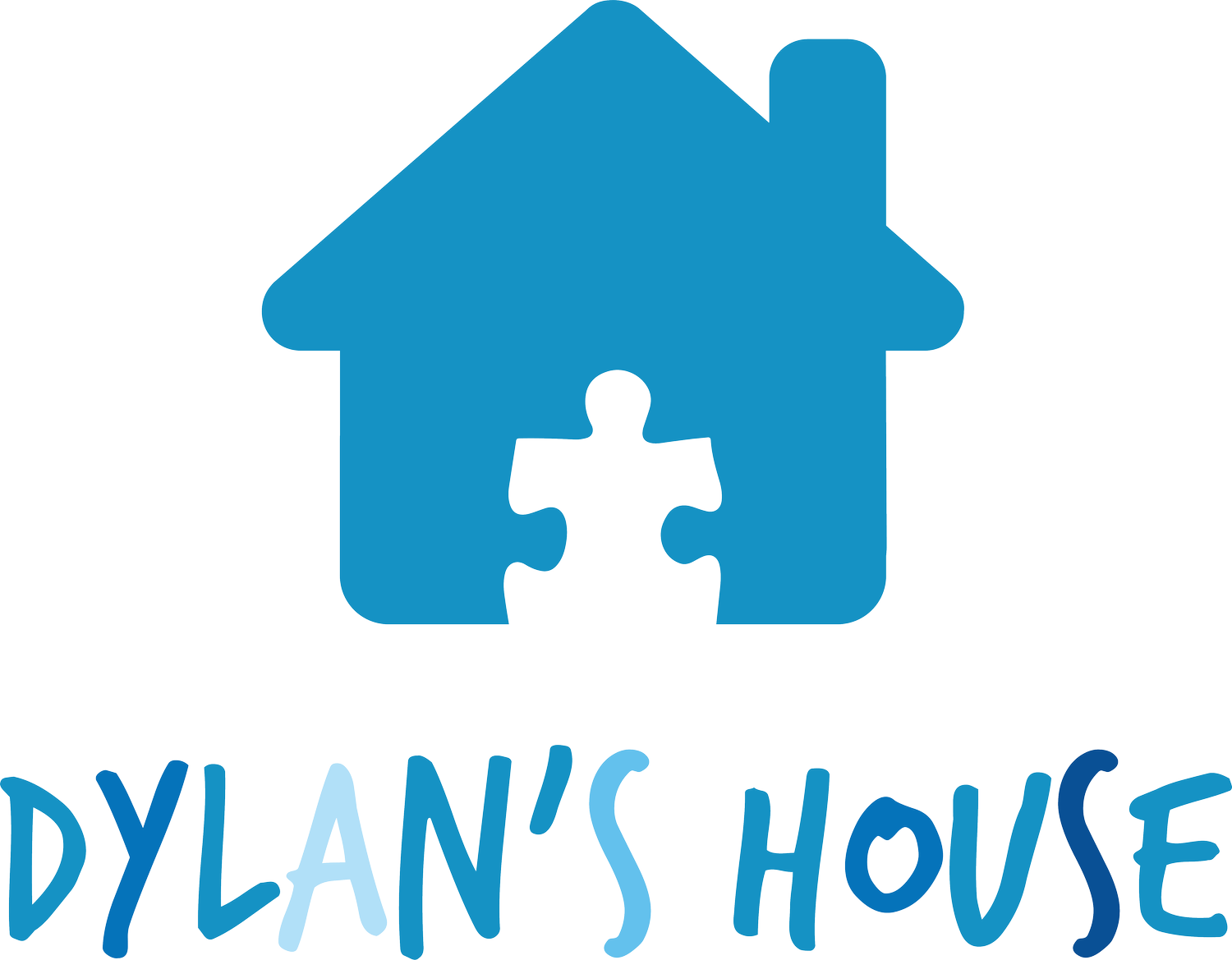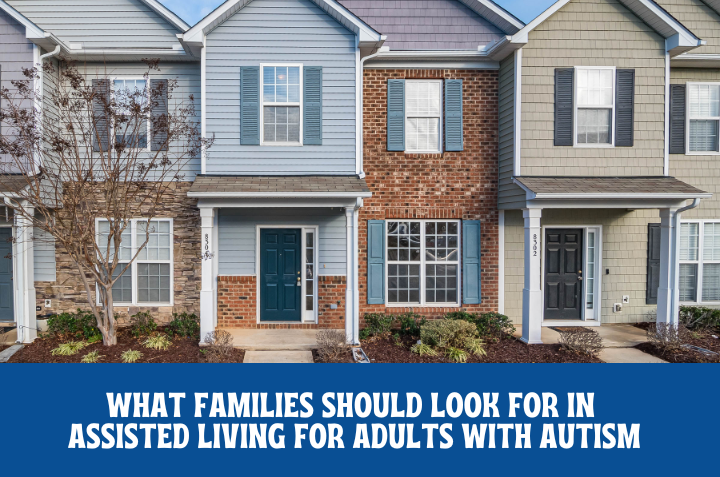What Families Should Look for in Assisted Living for Adults with Autism
Finding the right assisted living community for an adult with autism is a deeply personal and important decision. Adults on the autism spectrum often have unique needs—ranging from sensory sensitivities to communication preferences—that require thoughtful, individualized support. The right environment can foster independence, safety, and fulfillment, while the wrong fit can lead to frustration and isolation.
Below are key factors families should consider when evaluating assisted living options for their loved ones with autism.
1. Specialized Staff Training
A quality assisted living community should have staff who are not only trained in general caregiving but also knowledgeable about autism spectrum disorder (ASD). This includes understanding sensory processing differences, communication styles, and behavior support strategies. Ask your prospective facilities:
How much autism-specific training does the staff receive?
Do staff receive ongoing training?
Do caregivers understand how to de-escalate situations calmly and respectfully?
2. Individualized Support Plans
Every adult with autism is different, and their care plan should reflect that. Look for communities that create personalized support plans covering:
Daily living assistance (e.g., cooking, hygiene, medication management)
Communication preferences (verbal, nonverbal, assistive devices)
Sensory accommodations (lighting, noise levels, room layout)
Social and recreational activities tailored to interests
3. Sensory-Friendly Environment
Many adults with autism are highly sensitive to noise, light, or other sensory input. A supportive assisted living setting may include:
Quiet common areas
Adjustable lighting
Private or semi-private rooms
Spaces for relaxation or decompression
4. Opportunities for Independence
While safety and support are crucial, fostering independence is equally important. Communities should offer opportunities for residents to:
Make choices in daily routines
Participate in community activities
Practice life skills in a supportive setting
5. Strong Communication Practices
Clear, consistent communication is essential. This includes communication between staff and residents, and between staff and families. Ask about:
How are updates shared with families
What is the availability of support for residents who use nontraditional communication methods
How staff handle changes in routine or unexpected events
6. Social Integration and Community
Social connection is a key part of quality of life. Look for programs that encourage safe, meaningful interaction:
Small group activities tailored to resident interests
Opportunities to connect with peers in and outside the facility
Staff who facilitate—not force—social engagement
7. Safety and Security
Safety should never come at the expense of dignity. Key considerations include:
Secure but non-restrictive building design
Staff who are trained in respectful crisis intervention
Emergency plans that consider sensory needs and communication styles
8. Family Involvement and Advocacy
The best assisted living communities see family as partners in care. This means:
Open-door visitation policies
Inclusion in care plan reviews
Willingness to adapt based on family input
Final Thoughts
Choosing assisted living for an adult with autism involves balancing care, independence, and personal comfort. By focusing on specialized training, sensory-friendly spaces, individualized plans, and open communication, families can find an environment where their loved one feels respected, supported, and empowered to live a fulfilling life.
If you’re starting your search, tour multiple communities, ask detailed questions, and trust your instincts—because finding the right fit makes all the difference.

